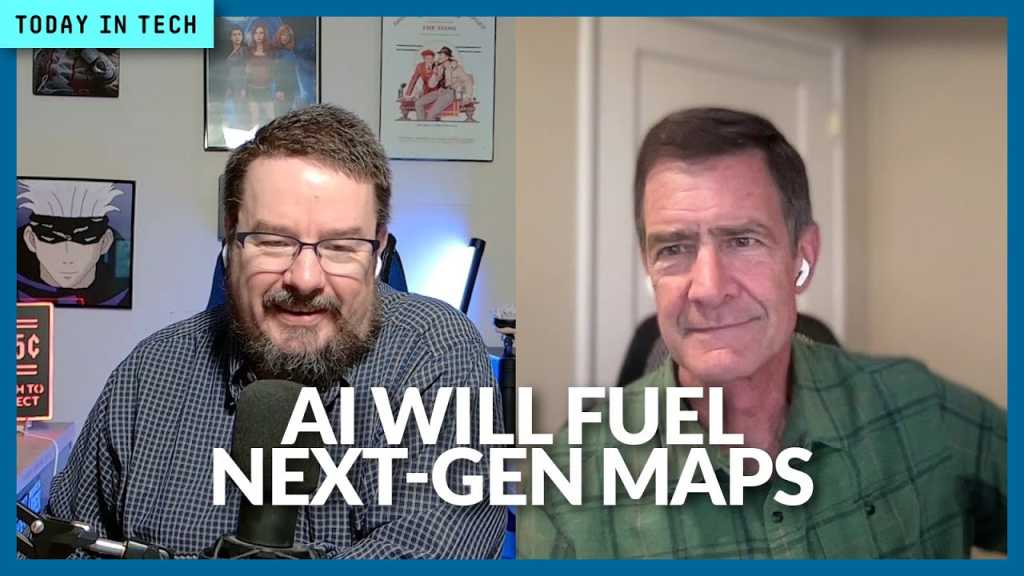Marc: No surprise here—we’re still at the early stages. But we’re already seeing some very promising developments.
Someone said something recently that really stuck with me: “AI is as bad as it’s ever going to be right now—it’s only going to get better.” I think that’s a great way to look at it. At Overture, we think of AI’s role in two ways.
First, how it helps end users access and use maps. That’s the part most people think about. But second—and more important to us—is how AI can help us build, validate, and improve mapping data. That’s the back-end side we’re heavily invested in. Historically, map data came from surveys.
Go all the way back to Lewis and Clark—or Spanish and European explorers—they were out in the field, observing and recording. And up until just a few decades ago, the best maps were the ones most recently surveyed.
Then phones became location-aware, and suddenly we had sensors—billions of them—feeding us information. This gave rise to the concept of remote sensing: using satellites, phones, or other devices to observe and infer data. That’s been the major evolution in the past 15 years.
Now we’re entering a new phase, where large language models and AI agents can help create or validate data.
Let me give you an example: if you asked a language model, “Does Keith’s Hamburger Restaurant in Elko, Nevada still exist in 2025?”—the model might search through reviews, social media, or other indicators and say, “Yes, we’ve seen activity suggesting it’s still open.” That’s powerful.
In the past, you’d have to send someone physically to verify that. Now, with agents repeatedly checking various sources, we can pull together signals to streamline and validate data. I think that’s going to revolutionize how we build maps.


